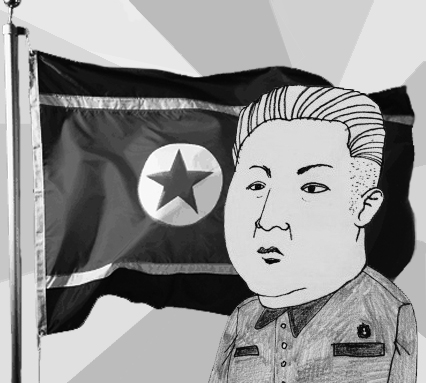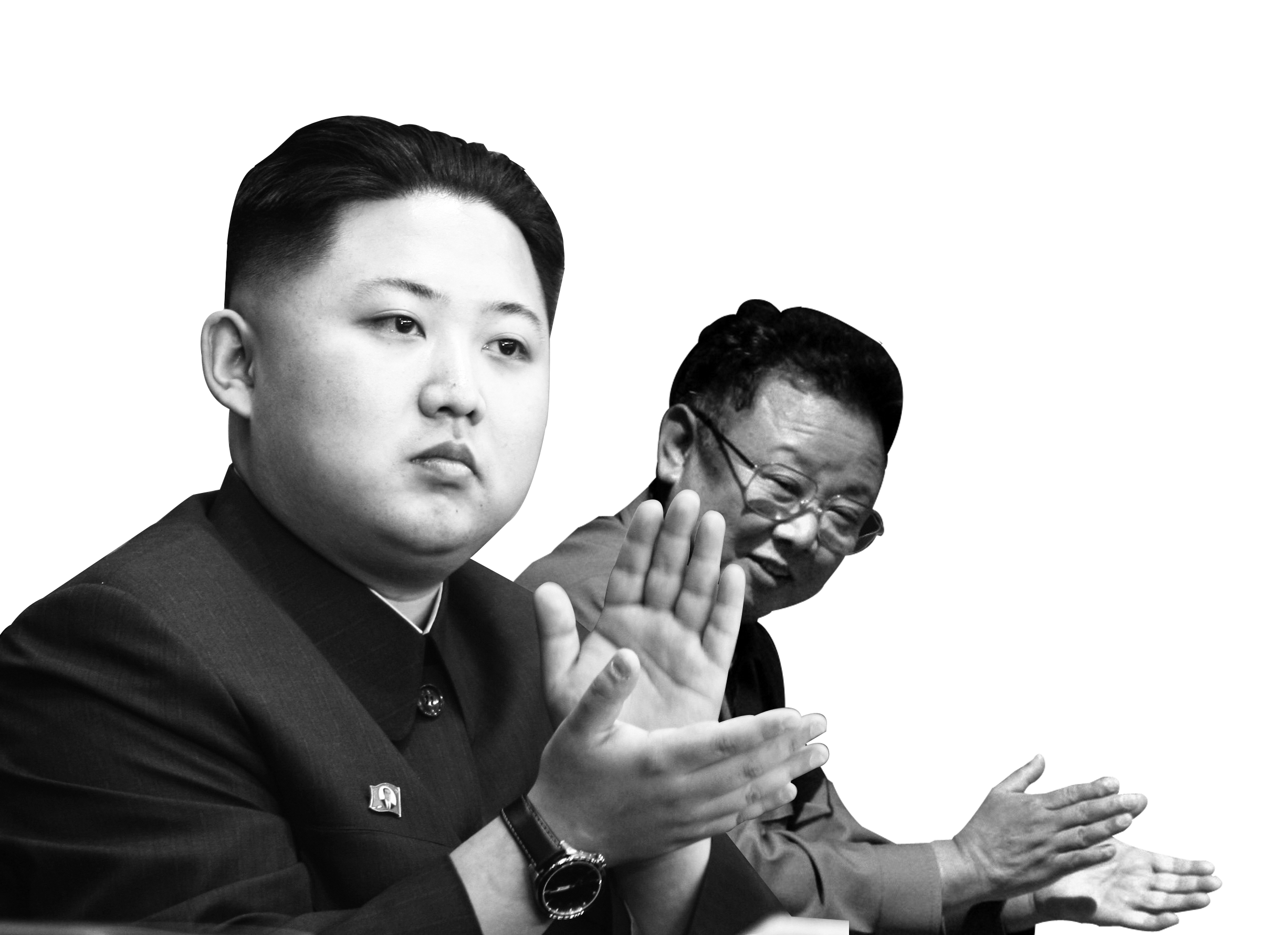 North Korea moves from Kim Jong-Il's era to Kim Jong-un's era
North Korea moves from Kim Jong-Il's era to Kim Jong-un's era (Liu Wei-Feng, Commercial Law)
On December 17, 2011, North Korea leader Kim Jong-Il suddenly died on a train. After the news, the global media showed a special interest. It was a topic before he died of what would happen to North Korea after he died and what might change in the security situation on the Korean Peninsula and in East Asia.
The global media showed different reactions of the death of Kim Jong-Il. South Korea and Japan were nervous. Their administrative authorities launched the highest emergency response program, and the army was also in a quick reaction posture. The United States, China and Russia, the Korean peninsula stakeholders, were highly concerned about this news.
The stock markets of South Korea and Japan suddenly plunged. The stock markets in Europe and the United States were in a recession because of news about Kim Jong-Il‘s death. The tensions and turmoil of the global stock markets brought a butterfly effect.
Many people and countries look suspiciously at North Korea because of its closed door, centralism, and military-first politics called "centralized family regime". I think that Kim Jong-Il failed at diplomacy and deteriorated North Korea’s internal situation when he was alive, so North Korea is facing a delicate situation.
In fact, the uncertainty of North Korea comes from two closely related factors after Kim Jong-Il died. Will North Korea's hereditary power be weakened? Will their internal situation be stable? On the other hand, will other countries treat North Korea sensibly and reasonably?
Kim Jong-Il's death has been compared with the death of his father, Kim Il-Sung. The both sudden deaths of two leaders in a row gave great grief and confusion in North Korea in common. Many countries, including Western countries, have confusion and concern because his death brings up the "North Korea Collapse Scenarios".
However, there are still differences between the two. Many differences exist between the problems of successions. Kim Jong-Il's ideas and beliefs dominated in North Korea. When Kim Jong-Il was 37 years old, he worked as the North Korean Worker Party Central Committee, Political Bureau Standing Committee, and he was the first vice chairman of the National Defense Commission until Kim Il-Sung died in 1994. Since 1997, he took over as general secretary of the Workers' Party of North Korea and vice chairman of the National Defense Commission. Kim Jong-un was younger than Kim Jong-Il when he started as leader, and Kim Jong-un’s transition period was shorter by 16 years than Kim Jeong- Il's. In this context, it is natural for many people and countries to worry about Kim Jong-un’s era.
The above comparisons stand to reason, but they do not necessarily come to the conclusion of doubt and worry.
 First, in the center of the exclusive and centralized policy, North Korea’s strong army system and civilian’s absolute allegiance to Kim Il-sung, Kim Jong-Il and Kim Jong-un have played great roles.
First, in the center of the exclusive and centralized policy, North Korea’s strong army system and civilian’s absolute allegiance to Kim Il-sung, Kim Jong-Il and Kim Jong-un have played great roles. Second, although the period that Kim Jong-un took power has not yet been a year, his authority is soaring into the sky. Party elders and military officers formed mutual cooperation with Kim Jeon-Eun, and they have assisted in the succession. In North Korea, there is little hope for an appearance of a reformer or a challenger.
Third, from a number of indications, we have known that Kim Jong-Il had steadily prepared to succeed his power. The North Korean government and military are also ready for starting Kim Jong-un's system.
From another perspective, North Korea already has a special relationship with China and Russia, and North Korea knows that China and Russia have already made proper plans for North Korea’s future situations. Therefore, even though South Korea, the United States and Japan are nervous about this situation, there is hardly a possibility of North Korea’s provocation.
Based on the above analysis, North Korea will stabilize the internal situation and straighten the internal power out in the near future. At the same time, overcoming the internal economic difficulties should be a primary task. Therefore, North Korea’s diplomatic policy will hardly change, and the main line should still follow the established policies of the Kim Jong-Il era.
North Korea will be usually relying on China and Russia, and maintaining good relationships with South Korea and Japan will be impossible. In addition, negotiations with the United States will worsen.


 All
All Experience
Experience






 양사랑
양사랑











